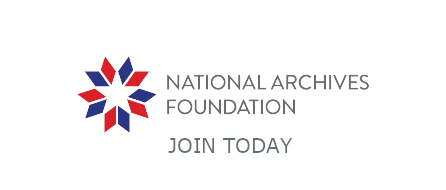Archives Experience Newsletter - May 4, 2021
Happy Mother’s Day
This Sunday is Mother’s Day! It is that time of year to shower her with your appreciation. Whether it is a bouquet of flowers, breakfast in bed, a homemade card, or maybe a little something from the National Archives Store (that’s where I will look), if it’s from the heart, she’ll know it.
For 107 years, the United States has officially celebrated Mother’s Day following President Woodrow Wilson’s proclamation about the observance of Mother’s Day back in 1914. Wilson was a little late to the dance by 1917. Every state already had a holiday for mothers and it shouldn’t surprise anyone that women were behind the sentiment. It started with Ann Reeves Jarvis from West Virginia before the Civil War, but it gained more momentum when Julia Ward Howe popularized the idea with her “Mother’s Day Proclamation” in 1870.
What have our past presidents had to say about the holiday? You might be surprised. Match the President to their Mother’s Day Proclamation. Choices: Presidents Eisenhower, Johnson, Nixon, Obama, Roosevelt, and Trump. (The answer key is below at the end of this newsletter!)
💐
A.
“…expressing our appreciation of their steadfast faith and idealism,
which have helped to make our country strong and great…”
B.
“… training their young ones with firmness and wisdom, and of guiding their
children to mature citizenship…”
C.
“…through their guidance and unwavering love, they prepare us for the
challenges of adulthood…”
D.
“…I prefer to think that the tributes which will be paid to mothers will come
simply and spontaneously from our hearts…”
E.
“…in the complexity of the modern world are we more forcefully reminded of the power of love against hate, of creation over destruction, of life against death…”
F.
“…they are inspiring embodiments of strength and determined drivers of progress…”
💐
We are a nation of inspired and determined mothers. To honor and respect their legacies, we share their stories this week.

Patrick Madden
Executive Director
National Archives Foundation
No Survivors
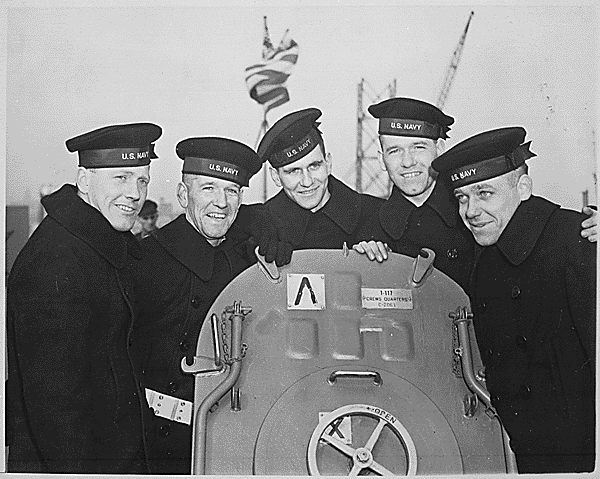
Records Help Tell Story of USS Juneau, Sullivan Brothers
Source: National Archives News
In January 1943, Mrs. Alleta Sullivan of Waterloo, Iowa, wrote a letter to the Bureau of Naval Personnel inquiring about the fate of her five sons. Mrs. Sullivan had heard a rumor that the USS Juneau, on which her sons Albert, Francis, George, Joseph, and Madison Sullivan were serving, had been sunk. Although it was against naval policy to allow siblings to serve in the same unit, the brothers had received special permission from the Secretary of the Navy to all be assigned to the Juneau. On November 13, 1942, the Japanese sank the Juneau near the Solomon Islands. Nearly 700 sailors, including the five Sullivan brothers, were lost in the battle.
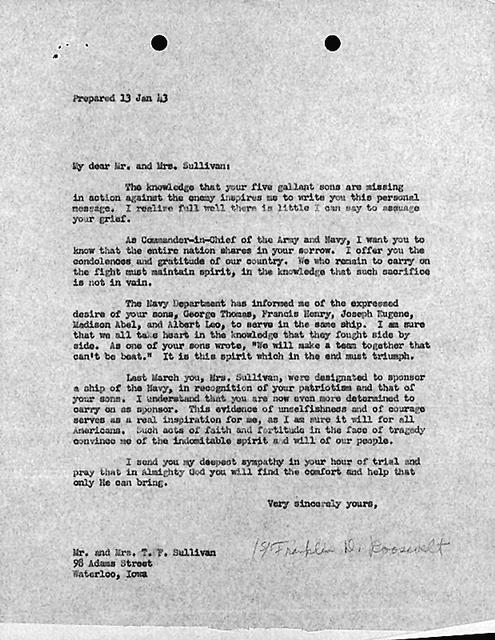
Roosevelt’s letter to Mr. & Mrs. Sullivan
President Roosevelt replied to Mrs. Sullivan’s letter, expressing his sympathy for her loss and assuring her that the nation shared her sorrow. The deaths of the Sullivan brothers were an unspeakable tragedy for their family, but they also changed the way that the U.S. military manages siblings who are serving. In 1948, the military adopted the Sole Survivor Policy, which protects soldiers who have lost members of their families in military service.
Enter Rosie the Riveter

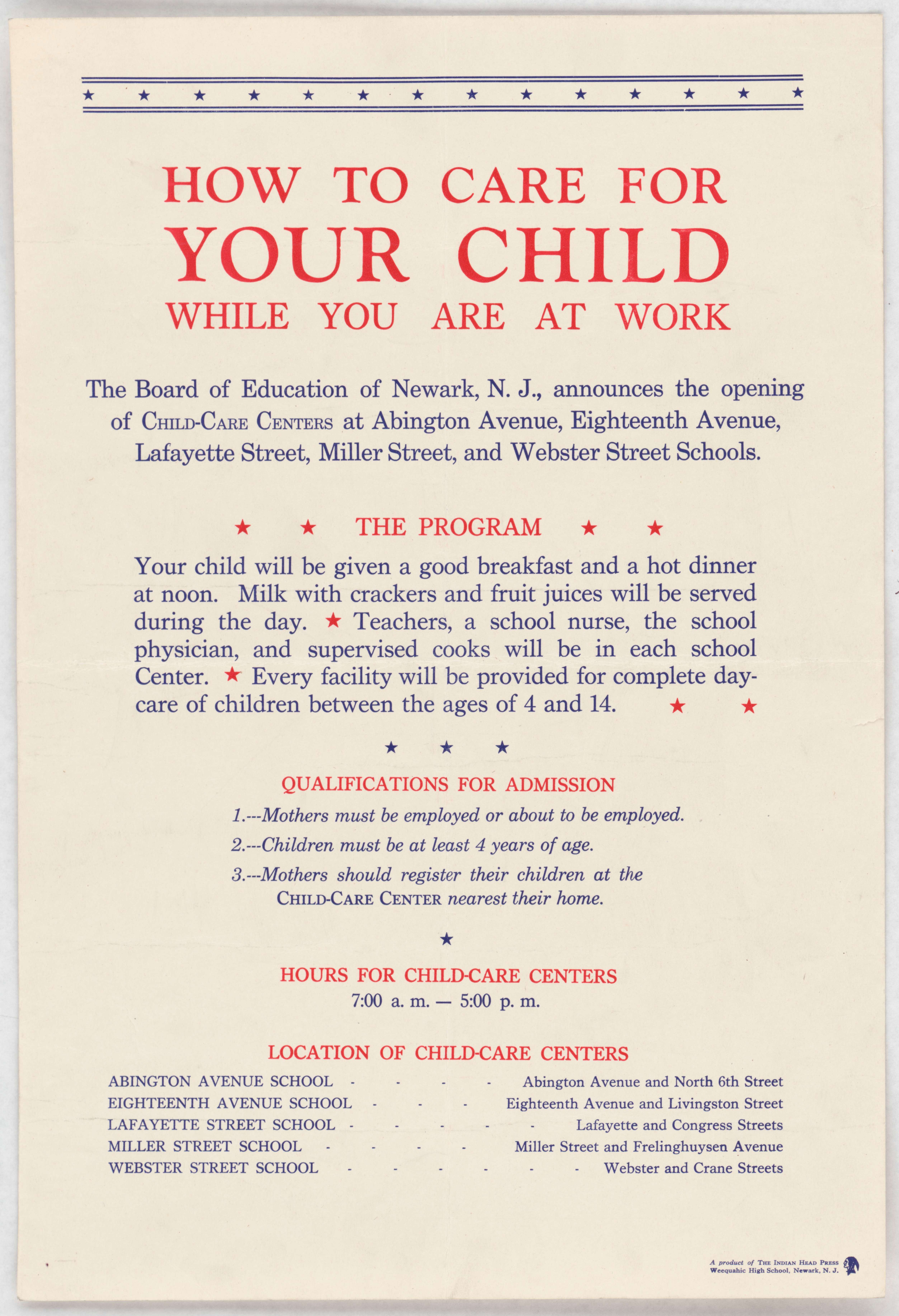
How to Care for Your Child While You Are At Work
1941-1945
National Archives Identifier: 514543
When the U.S. declared war on Axis forces in 1941, men streamed into recruiting offices to sign up for duty. Back home, their wives, sisters, and mothers joined the war effort by going to work in factories and on farms to support the armed forces.
The migration of women into the workforce created unprecedented social changes. Among the most pressing issues was childcare. The federal government, which had a vested interest in keeping women working in war industries, responded by creating programs aimed at helping women care for their children while they were working outside the home.

It’s either that, or…
American Women and Social Change – Women and the Family, 1975
(2 minutes 9 seconds)
Source: NARA YouTube Channel
Becoming Political Players
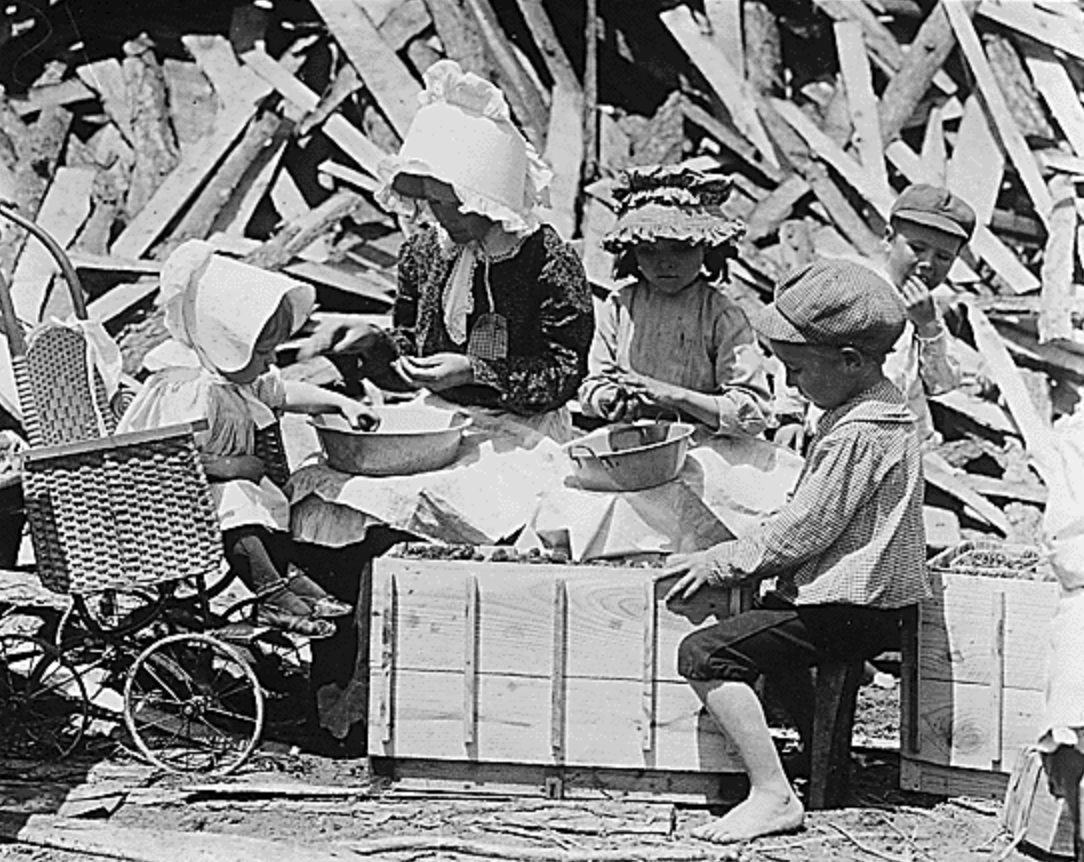
The women’s suffrage movement helped women gain more than just access to the ballot box – it also empowered them with the ability to become a political interest group, and pushed their representatives to vote favorably on issues that mattered to them.
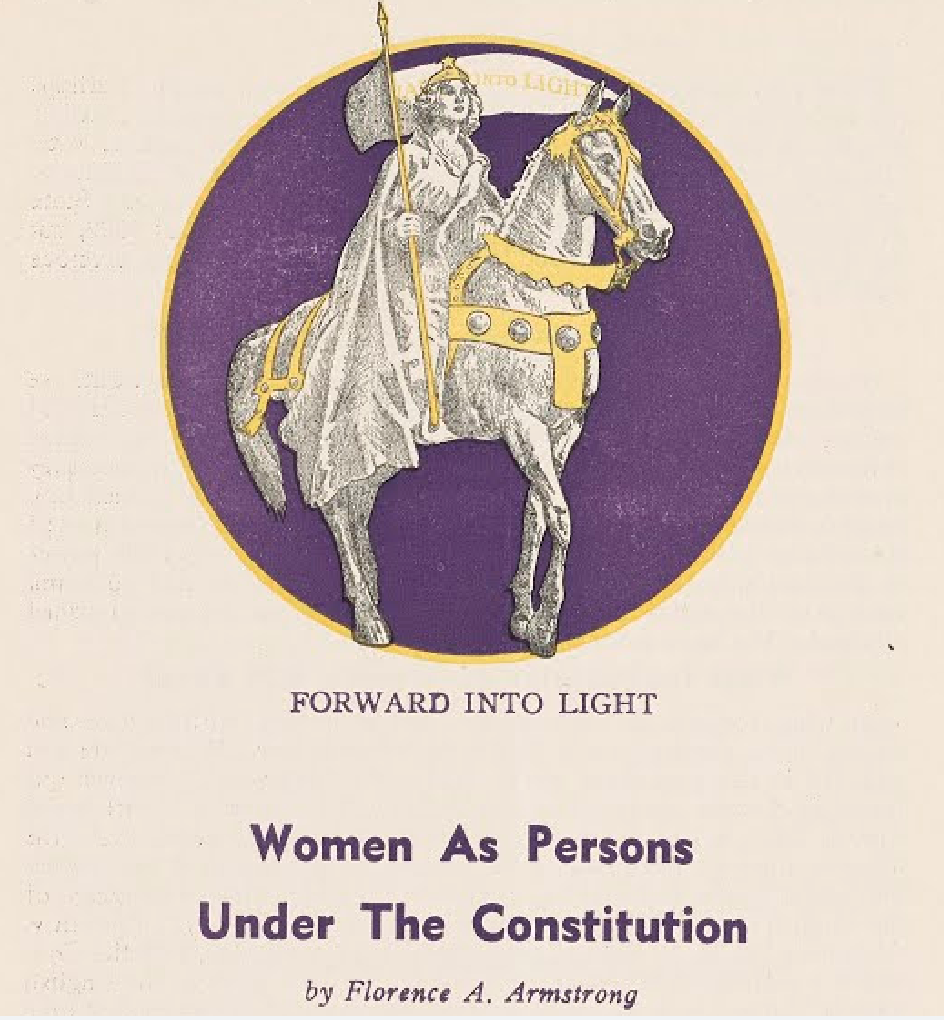
What was the 19th Amendment’s impact?
One of the most salient examples of this was the passage of the Sheppard-Towner Maternity and Infancy Act just one year after the ratification of the 19th Amendment. Noticing the high rate of both maternal and infant mortality, women’s groups pushed for legislation that provided federal funds for health education and nutrition services to mothers and babies, especially in rural areas. The map from Indiana suggests the impact of the act on lowering infant mortality from 1920 to 1927.
Though women became a political force to be reckoned with, they were not united in these undertakings. Race, class, and political beliefs often divided women just as they had before the 19th Amendment. Although not always successful, women’s political campaigns in the 1920s laid the foundation for future struggles toward greater equality and political representation.
Drawn to Mothers

Clifford K. Berryman Political Cartoon Collection
Source: NARA’s Center for Legislative Archives
Clifford Berryman was a political cartoonist who worked for the Washington Post and then for the Washington Star from the late 1880s until his death in 1949. He devoted most of his efforts to skewering politicians on both sides of the political aisle and commenting on significant current events, but he also made time to honor mothers on Mother’s Day. Some 2,400 of Clifford Berryman’s drawings are housed in the National Archives.
 Presidental Proclamation of Mother’s Day
Presidental Proclamation of Mother’s DaySource: NARA’s Pieces of History blog
Nancy Reagan’s Brownie Recipe
 Nancy Reagan
Nancy ReaganWant to make your mom feel extra special this year? How about baking a batch of Nancy Reagan’s brownies?
Mrs. Reagan’s recipe yields enough brownies for your mom and 95 of her family and friends.
 Nancy Reagan’s Chocolate Brownies recipe
Nancy Reagan’s Chocolate Brownies recipeNational Archives Identifier: 9673113
Answer Key:A. Dwight Eisenhower/1953, B. President Lyndon Johnson/1964, C. President Donald Trump/2019, D. Franklin Roosevelt/1935, E. President Richard Nixon/1969, F. President Barack Obama/2016







